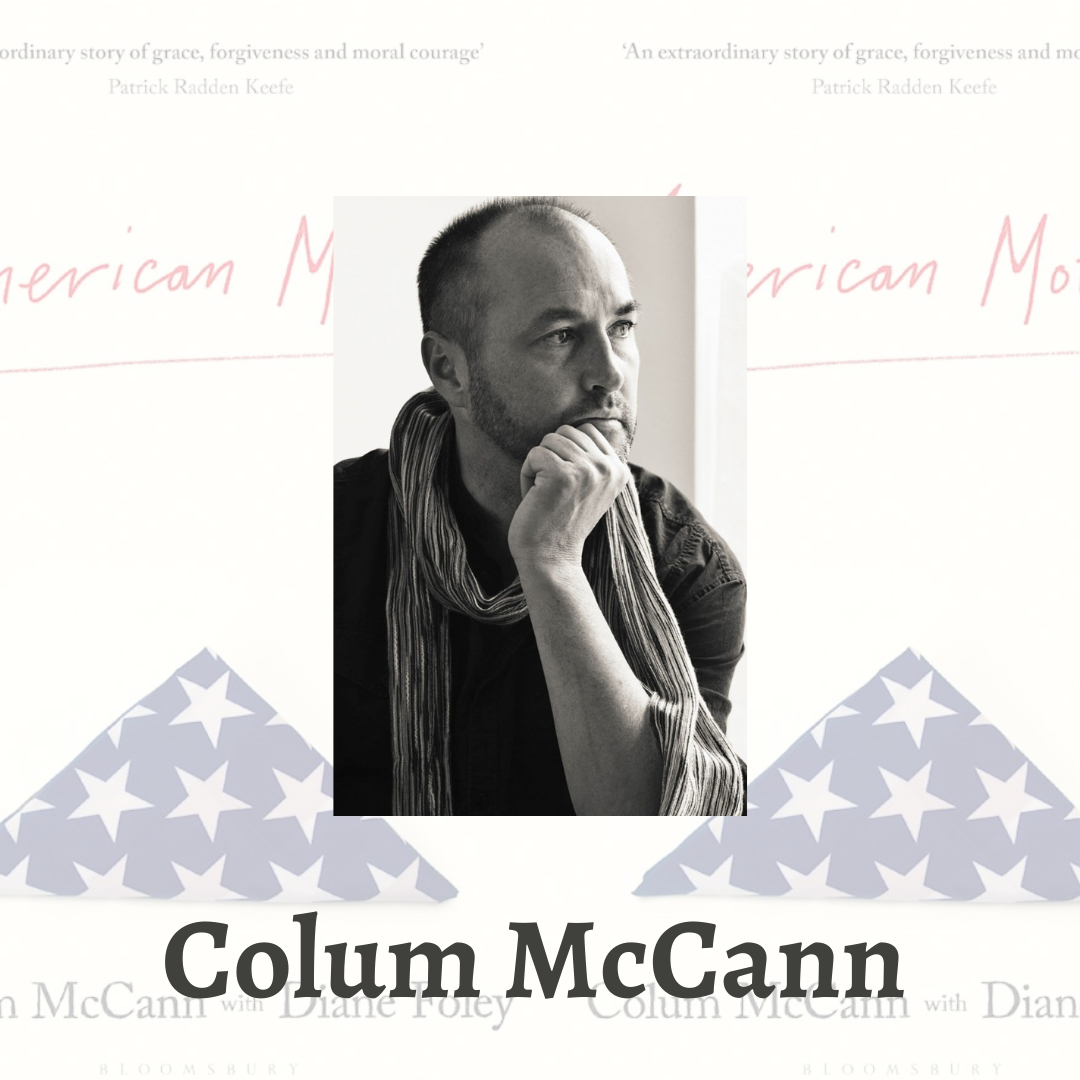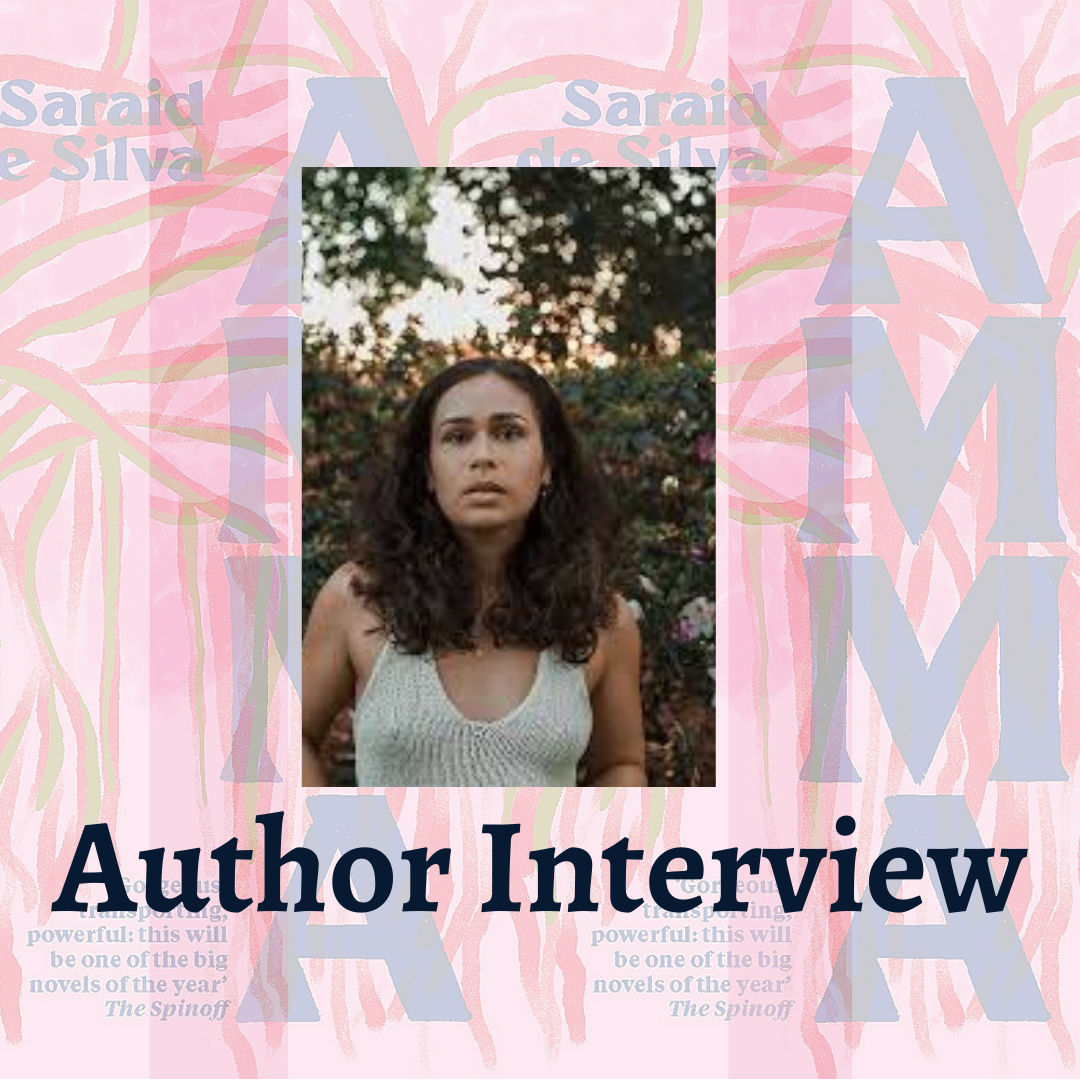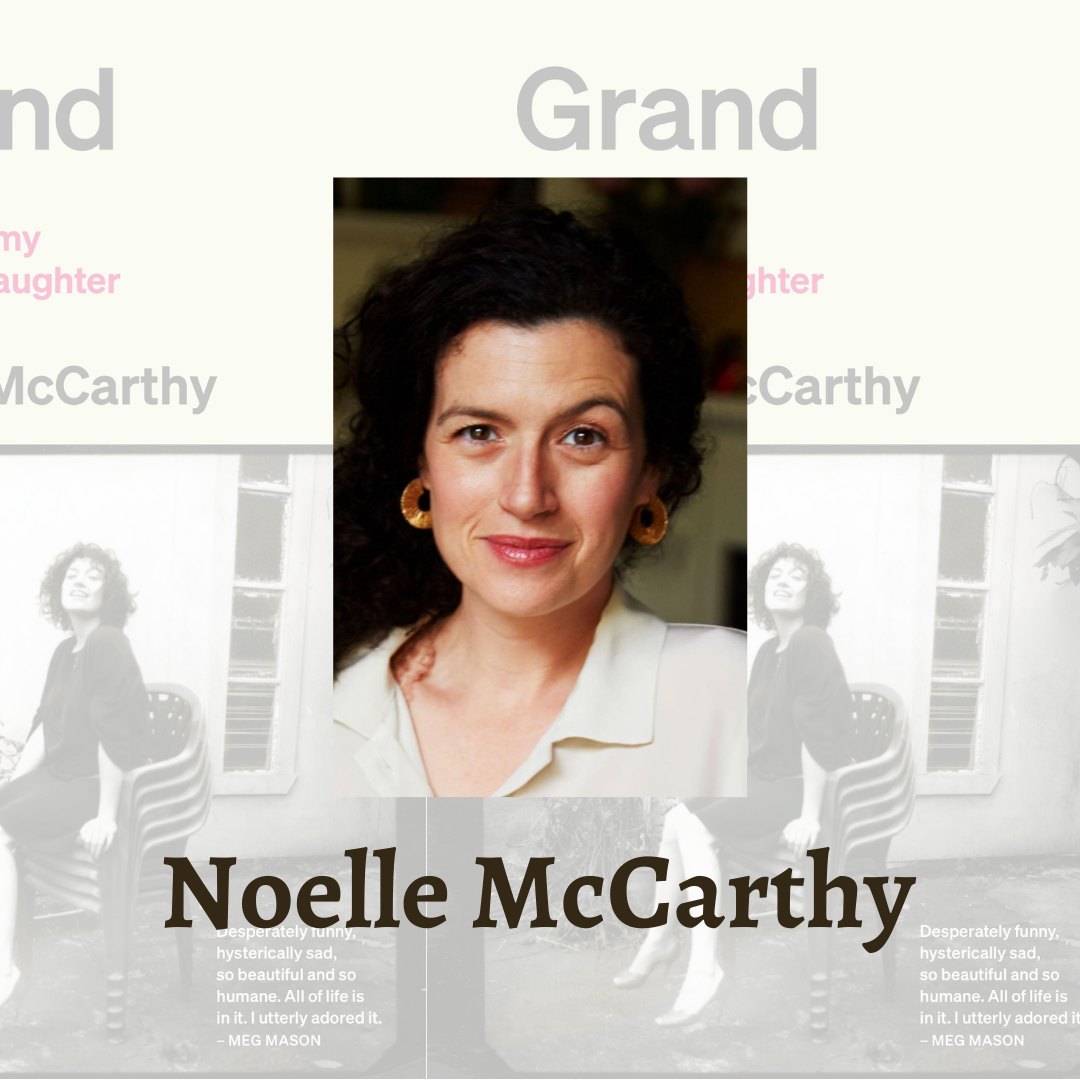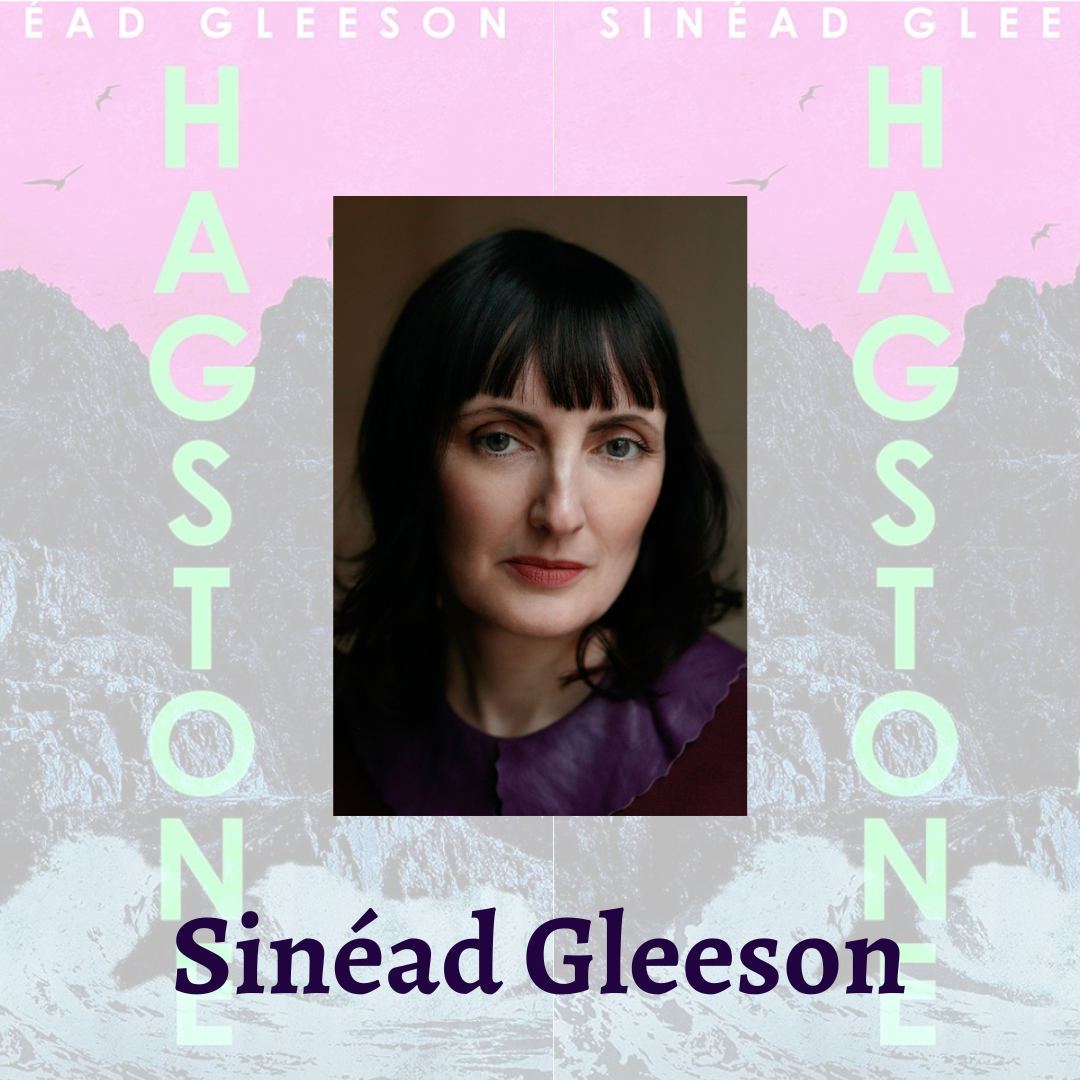
This text has been transcribed from video.
What does a day in the life of Colum McCann look like?
My day is taken up with writing and working with my non-profit agency, Narrative 4. My day is consumed with stories and storytelling.
American Mother tells the tragic story of James Foley’s life. This isn’t the first time that you have ventured into the emotional battle fields on the periphery of the western world and told a difficult story, can you speak to what it is that drives you to be the “story whisperer” for heart-breaking stories like American Mother and Apeirogon?
Increasingly I don’t know. Amongst my favourite words are, “I don’t know.” I go to where my heart tells me to go- that’s not a very satisfactory answer, but it’s the truth. You know, you go to where your obsessions are. In this era of breakage, a story of repair is very important. It’s important to find optimism in the despair. These are the story that whisper to me, and then I try to become a ventriloquist in a way, and to make sense of these very difficult lives.
There are some technical shifts in the telling of James’ story- could you tell us a little bit about your choice to narrate the initial scene where Diane meets Kotey in third person, and the shift to first person thereafter?
This is a really good writer’s question Lisa, well done! Look, Samuel Beckett says that it’s the job of the artist now to find a form that accommodates the mess. I found that form almost immediately when I walked into that courthouse in Virginia when I accompanied Diane to meet her son’s killer. I knew as soon as I walked in there that this moment would be the container box into which the rest of her story would go. This was an easier book for me than normal, normally I take 3 or 4 years to write a book, and this one was done within a year. But all the facts and figures are in front of me. But the technical shift comes in moving from being in third person where I am the fly on the wall, I am the family friend beside her. By the way, I didn’t want to be a part of the book, I didn’t want to be a character in the book like Truman Capote’s In Cold Blood; Diane is too strong of a character and her son James was too strong of a character to bring somebody else in, so I wanted to on the outside, but also in a close third person, intimate, view of Diane so that it almost reads like a novel. And then the switch comes when she tells her story, so I inhabit her and work with her. I wrote the book, and she edited it, and tamed some of my wilder tendencies towards the novel stuff. It was a fun thing to do, and we got on extraordinarily well.
James and Diane Foley’s story is heartbreaking and heartwarming at times, and American Mother delves into the depths of their lives and the decisions they made. What was this experience like for you, sitting in a room with Kotey- a man known to the world for acts of horror- and listening to him from your point of view, having a family of your own, and stepping out of your life and into theirs?
Weirdly I liked him. We looked at each other and we sort of recognised each other. He’s 37, so he’s younger than me, but you know, he’s sort of on the outside; he’s working class and British, and in fact one of the books he had with him on the table in front of him was Patrick Radden Keefe’s Say Nothing- that amazing book about Northen Ireland. He wasn’t the thug that he was made out to be- the football hooligan, the soccer hooligan- that the media wanted him to be. He was quite a smart, interesting and terrifying man. And we played a bit of cat and mouse with one another, but we, in the end, I doubted a lot of things that he was saying, and I respected him, and he respected me, and Diane respected his humanity. Diane went up to him [when we first arrived] and said, “Hello Alexanda, I’m Diane, it’s nice to meet you,” and she wasn’t lying. She wanted to be there, and she knew that her son would have wanted her to be there, and her son would have done the same thing. And she also wanted Kotey to know, Alexanda Kotey to know, what he had taken away from the world. And so, it was a powerful moment, and I was a witness to it and I had to become a ventriloquist to the moment, and that was my job.
Your books have amused, inspired and comforted so many readers across the world. When did you know that you wanted to be a writer and storyteller?
I knew at a fairly young age. My father wrote books- kids soccer books- and I used to edit them for him. I didn’t even know I was editing them, I was just reading them and telling him what I thought about them, from the age of eight years old. I remember the power of reading stories in class and having teachers- very powerful teachers in my life- put me on to literature at a young age. I started to like Dylan Thomas and Gerard Manley Hopkins. I was always fascinated with stories and storytelling. I was also a reporter, believe it or not, at the age of twelve working for the Irish Press. I’d go from football match to football match in the local area and I’d pick up details about the game and call them into the press. That started my career in journalism, worked for the papers until I was in my early twenties, then I moved to the states and tried to write a novel- failed miserably- and then took a bicycle across the United States for a couple of years to try and learn about stories. So, I knew I wanted to be a writer at a fairly young age.
What practices, rituals, or habits do you have to set you up for a day of writing?
Just get up, get up out of bed. “Get up you bowsy and clean out your cell.” Ehm, no I don’t think I have any specific rituals, recently I have had some problems with my hips so I’m at a standing desk right now, and I’m standing as much as I can. In terms of rituals, I don’t really have any. Arse in the chair- or arse in the air- and get the work done.
You are the author of twelve novels in total, which of all of these was the most rewarding for you to write, and why?
It’s always the current one I suppose. I loved doing American Mother, and I loved doing Apeirogon. They have both done some good in the world; people carry it, the Irish Taoiseach carried it, some of the Tánaiste carried it and gave it as presents to people, and it’s been printed and reprinted, and that’s very gratifying. Of course, the one I am working now is the one I like the most- I’m just finishing git off this week in fact. It’s called Twist and it’s out this time next year.
You are allowed to invite five people to dinner, who are you inviting and why? And what are you cooking..!
Jeez well first of all, I can’t cook. So, bacon and eggs. But five people, well. I wouldn’t mind having my grandfather, my dead grandfather over for dinner, he grew up in Dublin in and around the same time James Joyce set Ulysses. So I would love to have Joyce and my crazy grandfather. I’d love to see my dad back too. And I’d love to have a couple of really interesting, fantastic women around the table, like Edna O’Brien springs to mind. And who’s number five? Maybe my wife or my daughter, maybe you guys, actually- I’d like the world! I’d like the whole fricken world. It doesn’t matter really what five it would be, any five would be good. James Joyce would be a fun one. And what am I cooking? Oh, I don’t know, but I like wine, there would be white wine.
American Mother will be the topic of discussion at our book club here at Unity Books on 3rd May - what is the most interesting or misunderstood part of this story that you think people have differing opinions on?
Should Diane have gone? Should she have forgiven him?Should she have even gone in the first place? Her husband didn’t want to go, her sons didn’t want to go, and some people will say that she was naive, and she was duped and all of these things, but she wasn’t I don’t think. I think it took an extraordinary grace and courage on her part to go, but I think people will have differing opinions on that. And also, whether or not you should pay for hostages or not. Diane comes down firmly on the fact that yeah, you’ve got to negotiate. Diane’s calls for negotiations is a call for understanding, and you know, sometimes the ransom can become lure money and you get it back, but Jim (James Foley) died because there was no wriggle room on that. And that is why we need to negotiate, no matter what, or at least talk to them.
What’s next for Colum McCann?
What’s next for me is a rest after I finish this book Twist. What is it? It’s a book about repair and connection and sabotage and repair again, about underwater cables and men that go out to repair underwater cables and I know- I’m mad, I write all sorts of different things. And I don’t know what’s next after this. I’d like to write a book called ‘In Praise of Messiness’ because I do think things are messy, and should be messier, and also because we are living in such uncertain times. And maybe one of these days I’ll get down to New Zealand.

Saraid de Silva in conversation with Lisa-Jean O'Reilly from Unity Auckland
28 Apr 2024I also learned that writing a novel requires a lot of your own strength and patience, but also the grace and patience of the people around you. At times I really had to isolate myself to do this, and I’m grateful the people I love gave me that space.


Noelle McCarthy in conversation with Unity Auckland's bookseller Chloe Blades
14 Jun 2023I wanted to explore the beauty and depth and difficulty of life, in Grand.


Sinéad Gleeson in conversation with Lisa Jean O'Reilly from Unity Auckland
30 May 2024I can write anywhere, and I did used to have a Virginia Woolfe-ian room of my own, but it’s now my son’s bedroom. So I write at the kitchen table, and I write within the chaos and structures of the house.

